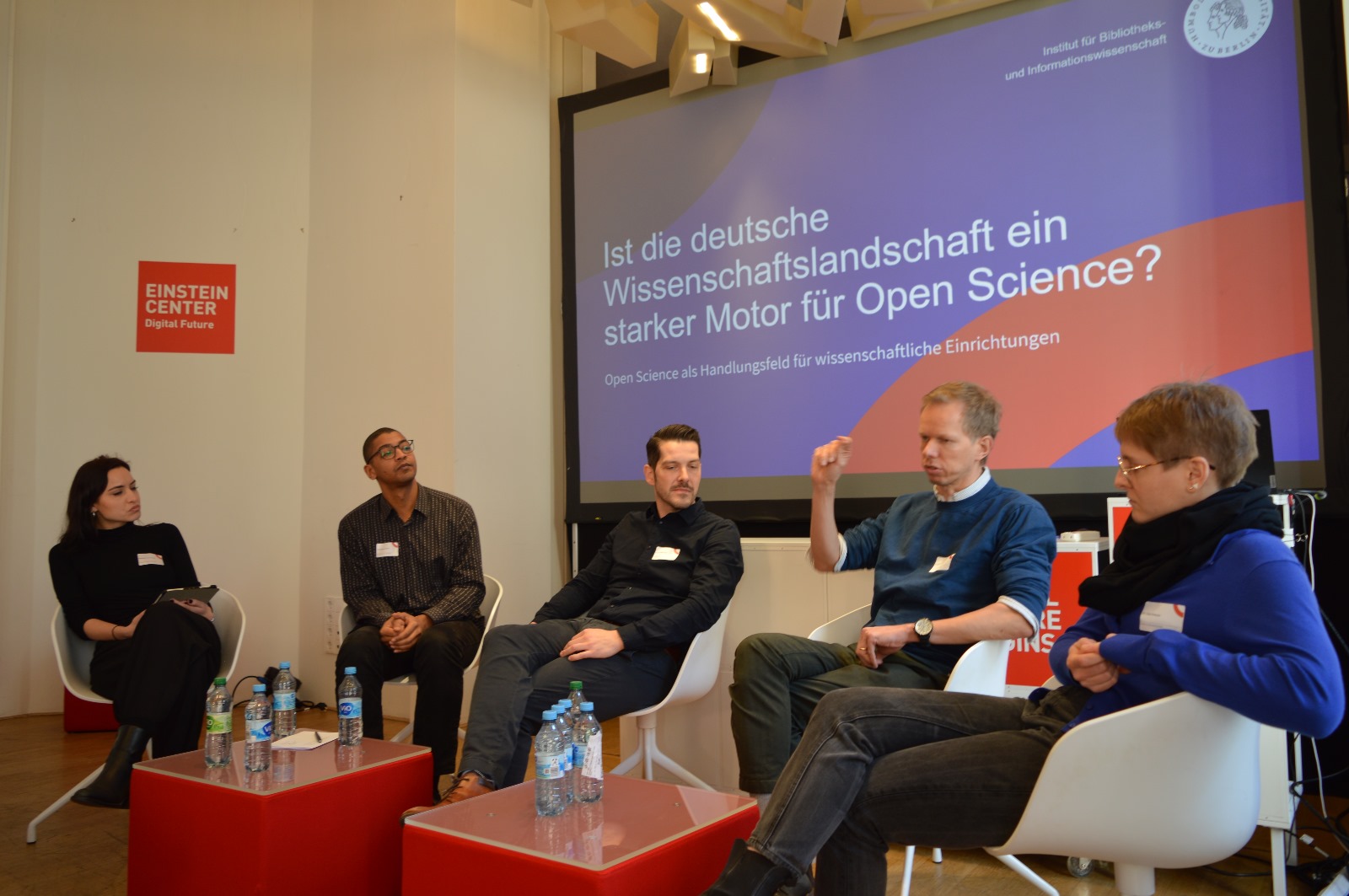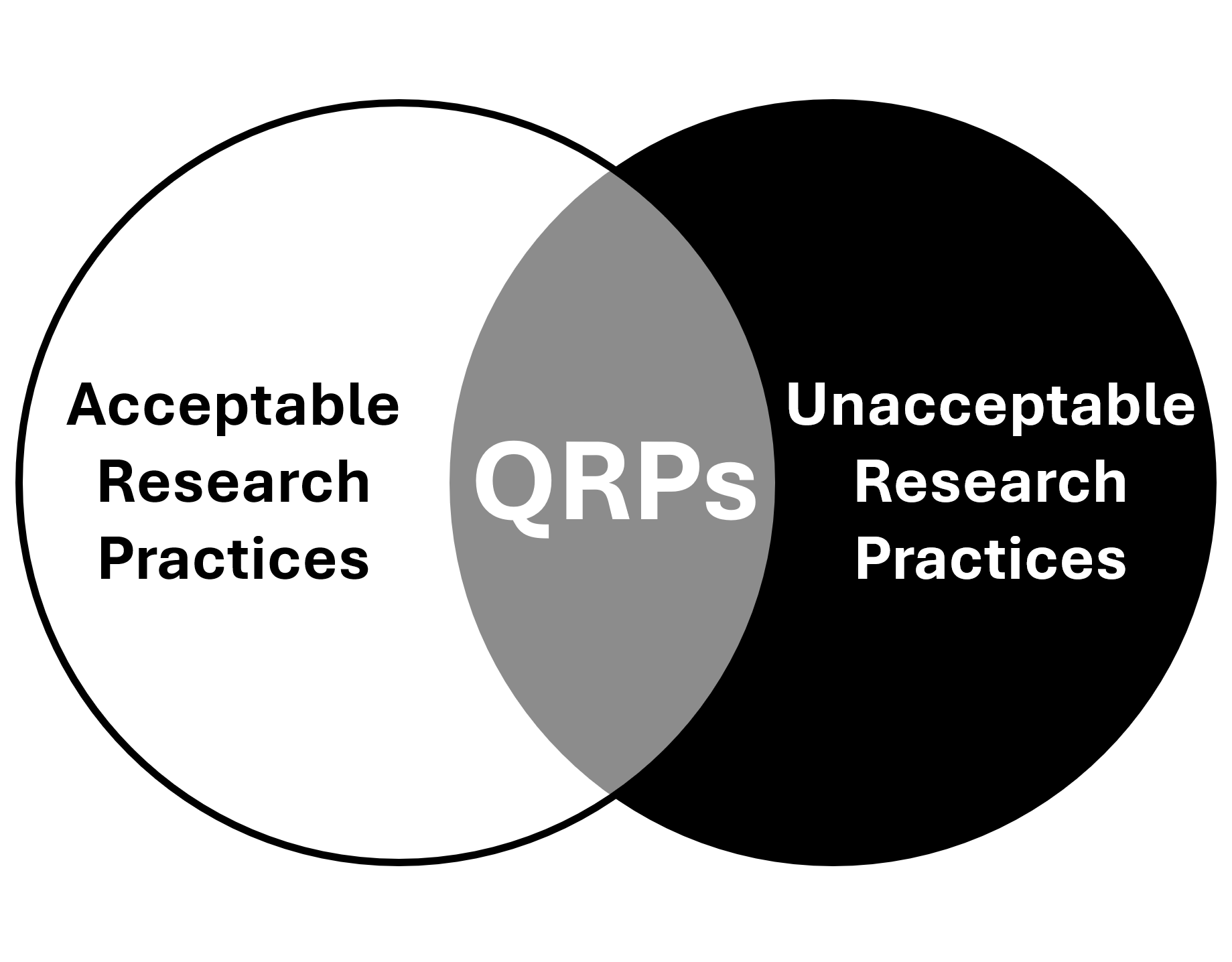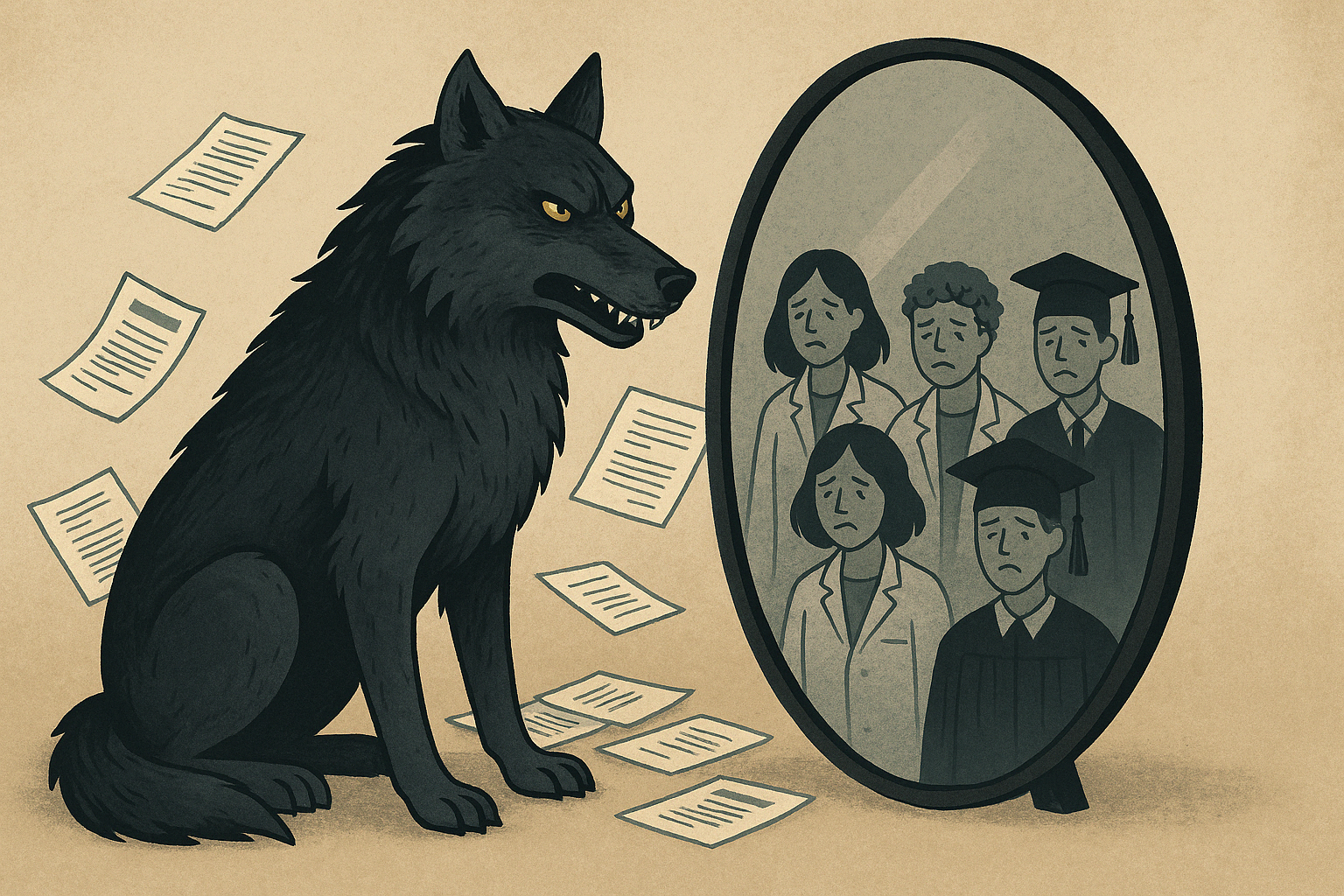We are looking for an organisation to perform an audit of, and propose changes to, the structure and information architecture underlying our website, with the aim of making it easier for everyone in our community to navigate the website and find the information they need.
Messaggi di Rogue Scholar

Background As part of the project module Open Science as a Field of Action for Scientific Institutions , students from the Institute for Library and Information Science at Humboldt University zu Berlin (HU), under the supervision of Prof. Dr. Heinz Pampel, organized an event. During the winter semester of 2024/25, the students examined strategies on how scientific institutions shape and promote the topic of Open Science.
Arturo Souto, DR © Litografía, ca. 1950 Esta es una reproducción digital, con fines de divulgación, de una obra original, todos los derechos de autor y reproducción están reservados por el coleccionista.

Abstract Research on questionable research practices (QRPs) includes a growing body of work that questions whether they are as problematic as commonly assumed. This article provides a brief and selective review that considers some of this work. In particular, the review highlights work that questions the prevalence and impact of QRPs, including p -hacking, HARKing, and publication bias.

Once again it is time to update the existing posts with new papers I have found. This time the majority of them revolve around how trade and democracy keep our society stable. I also have a little request to my readers: Do you have any paper recommendations for me to read? I have a lot of channels to go hunting for new, interesting papers, but I figured I would be interested in what my readers find relevant.
The European Space Agency organised the first conference on Biodiversity Insights from Space (BioSpace) in February this year, and it seems like it was a huge success. The conference itself sold out within days, and the program was so packed that the organisers had to split it into multiple chunks during the week to cope with everyone.
It's about the time of the academic year to come up with project ideas! KC Sivaramakrishnan, Andy Ray and I have been looking into FPGA/OCaml matters recently so I thought I'd review the latest in the land of Webassembly for non-traditional hardware targets.
Last month I gave a talk on the HEIR compiler project at the FHE.org conference in Sofia, Bulgaria. The video is on YouTube now, and the slides are public. I plan to write more about HEIR in the coming months, because it’s been an exciting and fulfilling ride!
 Now seems like a good time to talk about fascism. In this post, I use linguistic data to probe the deep origins of fascist thought. And I gaze at the rising tide of fascist sentiment in anglophone writing.
Now seems like a good time to talk about fascism. In this post, I use linguistic data to probe the deep origins of fascist thought. And I gaze at the rising tide of fascist sentiment in anglophone writing.
The post The Deep Roots of Fascist Thought appeared first on Economics from the Top Down.

How to catch a predator in the academic publisher quagmire. Dear esteemed Professor Waltho, I would like to take the privilege to invite you to contribute your research/discoveries to our overly open access journal. Simply email your manuscript as an attachment to below email... This is a typical opening from one of countless spam emails that flood the inboxes of scientists worldwide every day.
Although fraud and misconduct have always existed in research and scholarly communication, the rise of paper mills over the past decade has led to an unprecedented volume of fake or manipulated research being published. A 2022 report jointly published by the Committee on Publication Ethics (COPE) and the STM Association suggests that between 2 and 46% of submissions to journals in the time between 2019 and 2021 were produced by paper mills.